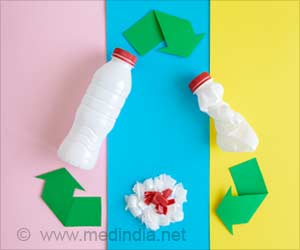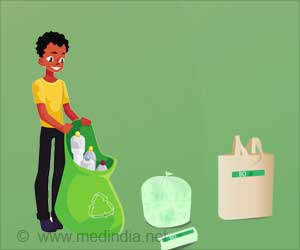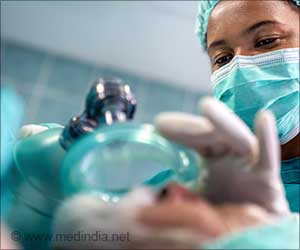Bacteria that help us breathe are susceptible to plastic pollution. Prochlorococcus is the ocean's most abundant photosynthetic bacteria, when exposed to chemicals leaching from plastic pollution interferes with the growth, photosynthesis and oxygen production.

‘Prochlorococcus is the ocean's most abundant photosynthetic bacteria. But, when exposed to chemicals leaching from plastic pollution interferes with the growth, photosynthesis and oxygen production.’





Plastic pollution has been estimated to cause more than US$13 billion in economic damage to marine ecosystems each year, and the problem is only getting worse with marine plastic pollution estimated to outweigh fish by 2050."This pollution can leach a variety of chemical additives into marine environments, but unlike the threats posed by animals ingesting or getting entangled in plastic debris the threat these leachates pose to marine life has received relatively little attention," says Dr Lisa Moore, a co-author on the paper.
In the first study of its kind, the researchers looked at the effects these chemicals have on the smallest life in our oceans, photosynthetic marine bacteria.
"We looked at a group of tiny, green bacteria called Prochlorococcus which is the most abundant photosynthetic organism on Earth, with a global population of around three octillion (~1027) individuals," says Sasha.
These microbes are heavy lifters when it comes to carbohydrate and oxygen production in the ocean via photosynthesis.
Advertisement
In the lab, the team exposed two strains of Prochlorococcus found at different depths in the ocean to chemicals leached from two common plastic products--grey plastic grocery bags (made from high-density polyethylene) and PVC matting.
Advertisement
"Our data shows that plastic pollution may have widespread ecosystem impacts beyond the known effects on macro-organisms, such as seabirds and turtles," says Sasha. "If we truly want to understand the full impact of plastic pollution in the marine environment and find ways to mitigate it, we need to consider its impact on key microbial groups, including photosynthetic microbes."
The study was published in Communications Biology.
Source-Eurekalert












